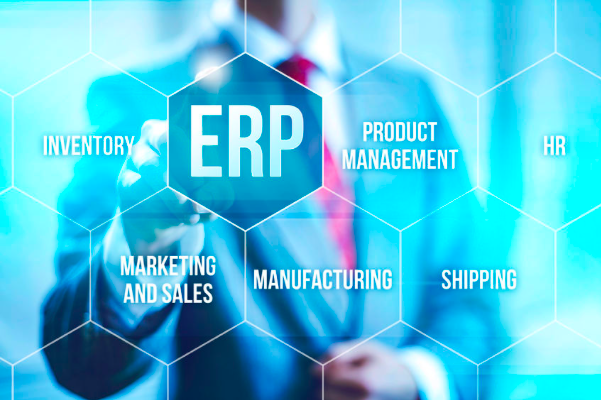The Role of ERP in Sustainable Business Practices
ERP (enterprise resource planning) platforms help business administrators and owners automate several processes that would otherwise require huge manpower and resources.

The demand for these platforms is becoming increasingly high due to their obvious benefits and their role in sustainable best practices. Keep reading to learn more about these roles.
Features of ERP solutions
First of all, it is pertinent to note that ERP software automates features like accounting, inventory, supply chain tracking, sales, marketing, planning, and procurement. However, a good ERP platform for any business must also ensure scalability and effective collaboration.
Usually, the search for the best ERP software for businesses ends with netsuite vs salesforce. Both software offers unique features for small and large-scale businesses. However, Netsuite edges its counterpart in enhanced collaboration and integration with third-party applications.
Salesforce, on the other hand, has the upper hand in its data automation and customizable dashboard features. Whichever platform you choose, these are their roles in ensuring sustainable business practices.
Resource management
ERP platforms help business administrators optimize their resources effectively. This optimization is often achieved through the impeccable visibility that these software offer. ERP systems can show you areas of excessive energy consumption, resource wastage, and deficiencies.
This will give an overview of practices that are contributing to a greener environment and those that are against it within the company. Resource optimization from ERP solutions also helps to reduce running costs.
Planning and budgetary allocations
Planning and decision-making are some of the most crucial sustainable business practices for small and large-scale enterprises. The role of ERP in business planning rests on the system's ability to collect and analyze huge volumes of data.
This data can be saved or seen in real time to make objective decisions. Business data also gives useful insights into the status of sustainable practices. It tells administrators areas of deficiencies and possible improvement.
Reporting and compliance
Businesses are usually bound by regulations and various rules that require optimal compliance. Regulations concerning sustainability are becoming stringent by the day due to its environmental and economic impact.
ERP solutions can help administrators track specific parameters and metrics as it concerns sustainability. These metrics can be displayed on a graph or packaged as a report, which would make it easy to see how much the business complies with best practices and regulations.
Supply chain Tracking
It's not enough that a business ensures that its operations are sustainable and ensures environmental protection. The administrators must also ensure that their suppliers apply best practices in their dealings. ERP systems can help businesses to track their supply chain through appropriate end-to-end visibility. In the long run, administrators would know how to select an appropriate supplier or partner.
A final word
It goes without saying that ERP solutions offer businesses several benefits. However, it is crucial to note that choosing any software in this regard entails knowing the size, specific needs, and scope of the business it is intended for. In simpler terms, one size doesn't fit all, and individualizing each business would help select an appropriate ERP solution.
